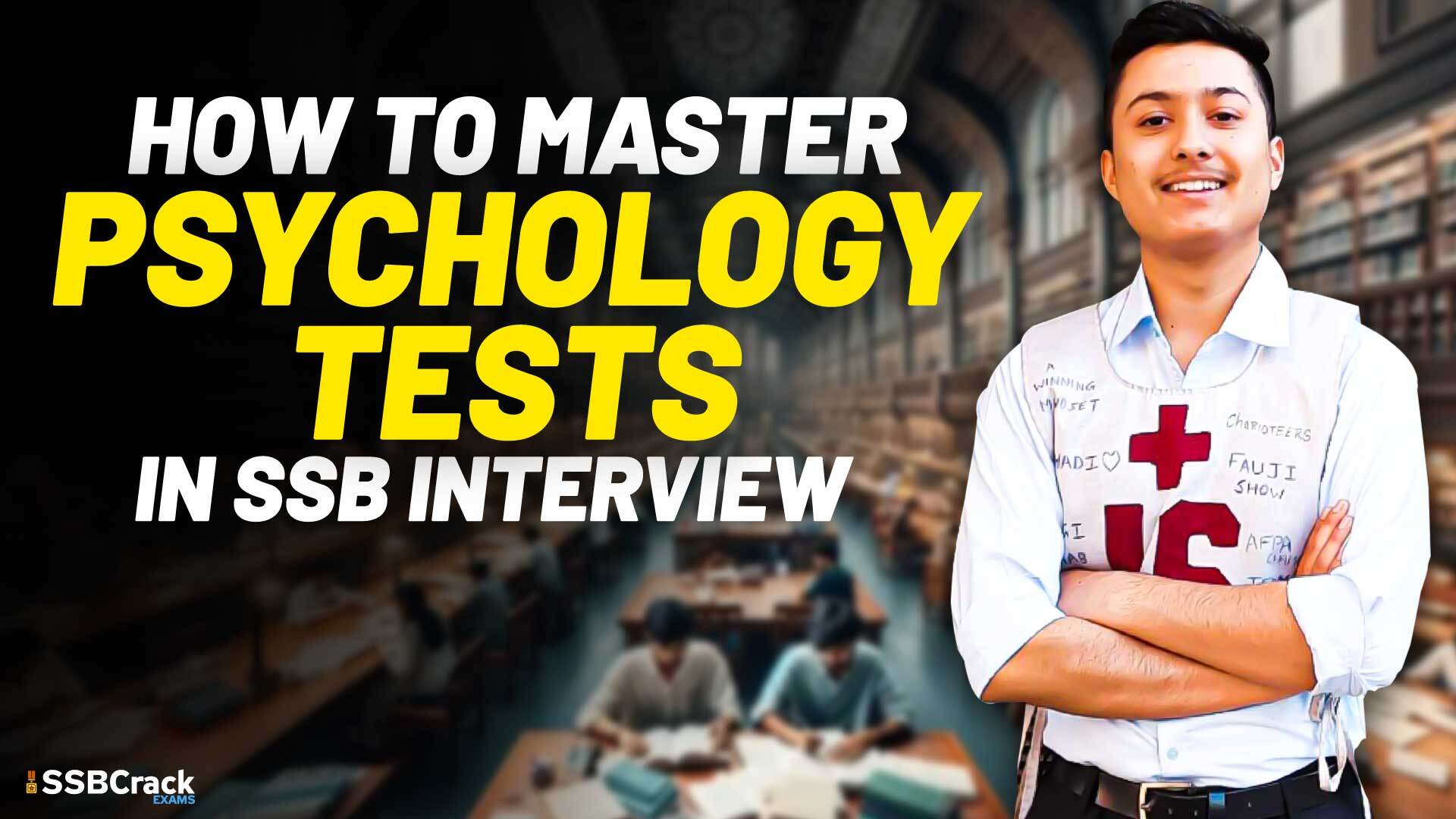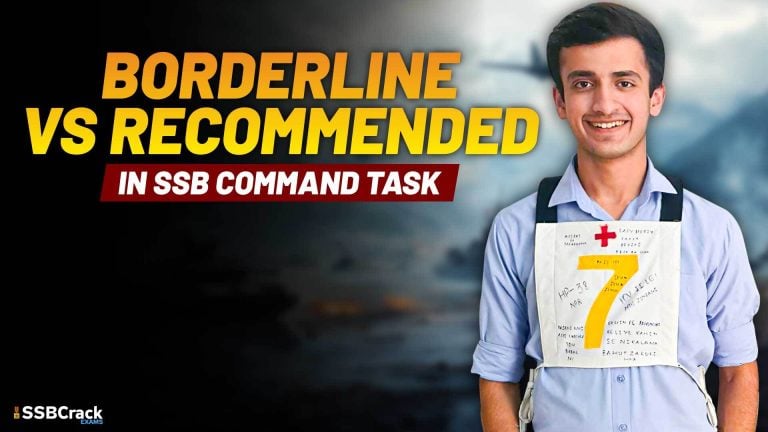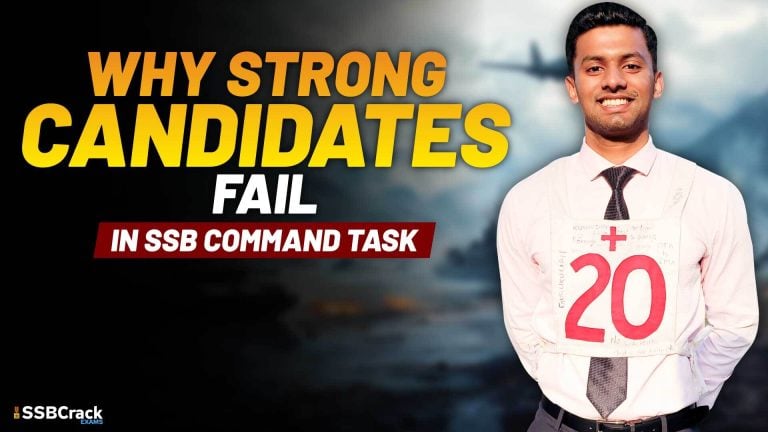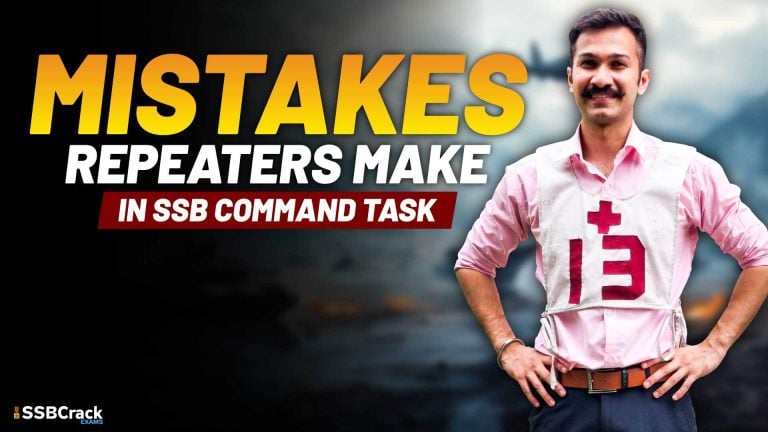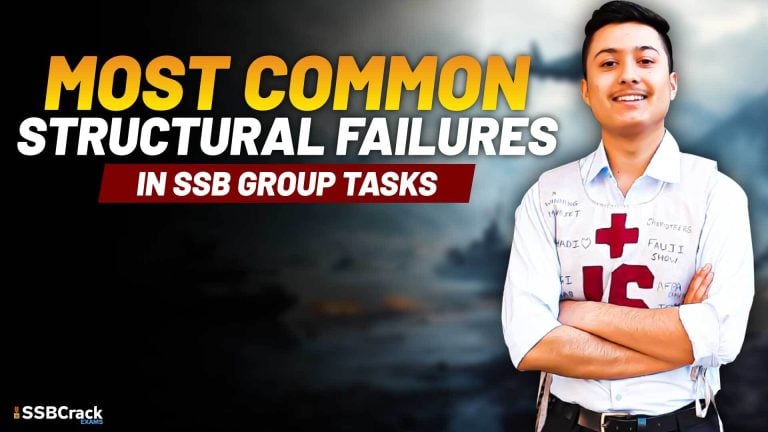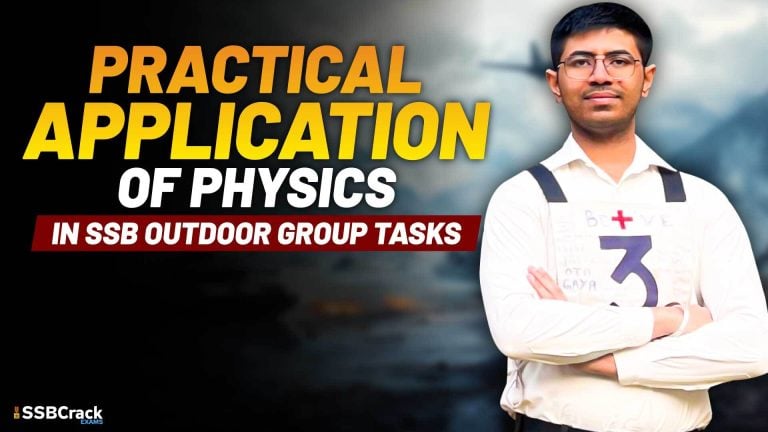The Psychology Tests — TAT, WAT, SRT, and SD — form the heart of the SSB’s assessment of your personality. Unlike the Group Tasks, these are written tests, but don’t be fooled: your pen speaks louder than your words in the interview room.
The SSB psychologist isn’t testing memory or English grammar — they are evaluating:
- How you think under pressure
- How you solve problems
- How you manage emotions
- How you reflect your OLQs in real-life situations
This article will show you how to master these tests by converting your thoughts into officer-like actions.
The Mind-to-Action Connection
Every response you write in psychology tests mirrors your inner mindset.
- Positive and solution-oriented responses → show optimism, initiative, and courage
- Thoughtful and calm responses → show emotional balance and responsibility
- Honest reflections → show self-awareness and integrity
Your goal: think like an officer first, write like one second.
TAT (Thematic Apperception Test)
- Shows imagination + problem-solving.
- Write stories where the protagonist takes initiative, remains calm, and resolves conflicts effectively.
- Avoid negative endings — optimism is key.
Example:
Situation: A man sees a flooded street.
- Weak: “He panics and waits.”
- Officer-like: “He finds a safe path, helps others, and informs authorities.”
WAT (Word Association Test)
- Shows your spontaneous mindset and social perspective.
- Respond quickly but positively.
- Link words to constructive action, courage, or responsibility.
Example:
Word: “Failure” → “Failure teaches me to improve and motivates me to work harder.”
SRT (Situation Reaction Test)
- Shows decisiveness under stress.
- Apply the Action → Benefit → Character formula.
- Be realistic, responsible, and solution-oriented.
Example:
Situation: “You see a minor road accident.”
- Action: Help the injured, call authorities
- Benefit: Avoids further harm
- Character: Courage, empathy, presence of mind
SD (Self Description)
- Shows self-awareness.
- Mention strengths and areas of improvement with honesty.
- Avoid exaggeration — balance humility with confidence.
Example:
“I am disciplined and responsible. I sometimes overthink but am learning to make quicker decisions.”
Practice Techniques
- Practice 5–10 situations daily under a time limit.
- Review responses to ensure positivity, responsibility, and clarity.
- Align your answers with your TAT, WAT, and SRT patterns for consistency.
💡 Pro Tip: Daily life reflection — whenever you make a decision or help someone — note it down. These small instances improve your natural officer-like mindset.
Conclusion
Mastering psychology tests isn’t about memorizing “ideal answers.” It’s about training your mind to act like an officer naturally.
Every story, word association, and reaction you write should reflect responsibility, courage, optimism, and teamwork.
Remember:
“The pen doesn’t lie. Think officer-like, and the psychologist will see it.”
By combining thought clarity, positive mindset, and honest action, you’re not just preparing for a test — you’re training yourself to think, feel, and act like a true officer in life.
